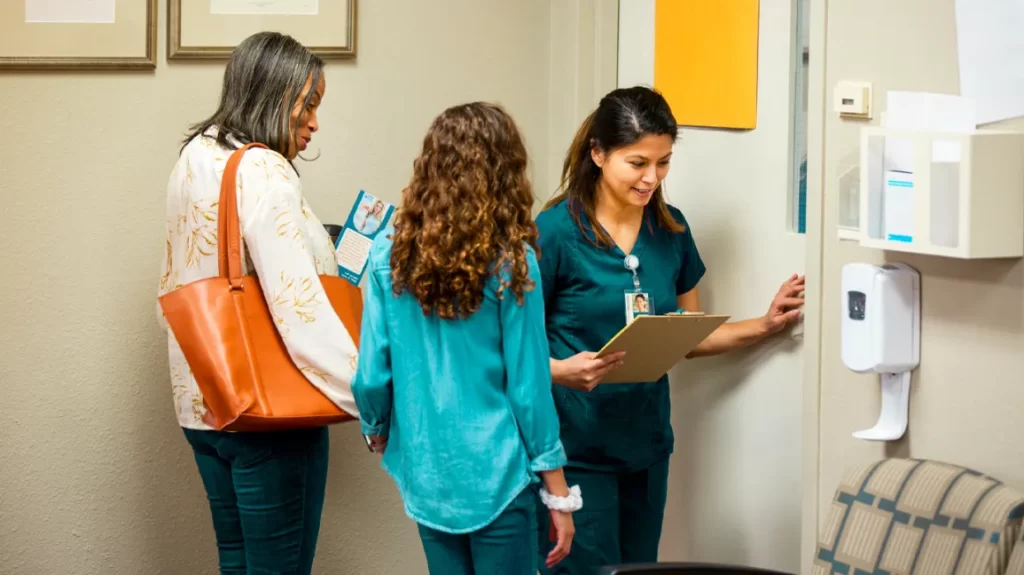Medical Clinics And Holistic Health: Integrating Alternative Medicine

Welcome to a new era in healthcare. It’s a time when medical clinics are embracing holistic methods, and integrating alternative treatment into their practice. This approach is seen from general wellness to specialized care – including the menopause prospect lefferts gardens. The shift is tangible. It’s transforming how we understand health and healing. This blog will explore this revolution, shedding light on the blend of traditional medicine and holistic health in modern clinical settings.
The Power of Integration
Medical clinics are not simply adding holistic methods as an afterthought. They are integrating them at a foundational level. This is not a trend. It’s a response to compelling data, patient demand, and a deepening understanding of health.
Studies underscore the effectiveness of this approach. A significant study by National Institutes of Health showed that patients receiving integrated care report better overall health outcomes.
The Changing Landscape
Such a sea of change calls for an insightful look at the landscape. Let’s compare the traditional medicine model and the integrated holistic model.
| TRADITIONAL MEDICINE | INTEGRATED HOLISTIC HEALTH | |
| Treatment Focus | Symptom | Whole person |
| Primary Tools | Medication, surgery | Diet, lifestyle, natural therapies, medication |
| Role of Patient | Passive recipient | Active participant |
Bringing Balance
A balanced approach is key. It’s about bringing together the best of all worlds for optimal patient care. It’s about understanding and respecting the individual’s unique journey to health.
We need to recognize that each person is different. There is no one-size-fits-all solution. Integrated holistic health is about treating each person individually.
Conclusion
It’s an exciting time in healthcare. The integration of holistic health into medical clinics is a major shift in how we understand and approach health and healing. We look forward to seeing where this journey takes us.

